The top 5 Bucket.io alternatives
One of the best ways to find out what your customers want is to have them fill out a survey.
Surveying customers helps you understand what drives customer satisfaction, explains Scott Tousley, senior team lead of user acquisition at HubSpot. When you understand what makes customers happy, you’ll be able to create loyal customers. That’s important because “loyal customers grow a business faster than sales or marketing,” Tousley says.
Surveys also let consumers express themselves. Open-ended questions allow your customers to tell you their pain points and desires in their own words. You can use that same language in your sales copy to guarantee you hit the right tone.
Bucket.io is a popular survey and quiz tool that lets marketers create their survey funnels from scratch, gather analytics data, and segment customers. It also integrates with other popular tools like Mailchimp, Infusionsoft, and ActiveCampaign.
But Bucket.io isn’t perfect. It’s expensive, can be complicated to use, and is pretty one-dimensional.
If you’re looking for something more comprehensive and affordable, here are the top Bucket.io alternatives.
1. Jotform
Jotform is a leading Bucket.io alternative. The platform makes it easy to get feedback from customers with an intuitive, drag-and-drop form builder. You don’t even have to build your survey from scratch. Jotform comes with hundreds of templates you can customize to your needs.
Analytics capabilities are also baked in, so you can easily identify important insights from your surveys.
You can also use Jotform for more than surveys. Unlike Bucket.io, Jotform’s builder lets you make tests and create any kind of form imaginable, from signup and payment forms to audits and quizzes.
Pro Tip
Get survey results quick and analyze data in one centralized place with Jotform’s ready-made survey templates.
2. SurveyMonkey
SurveyMonkey is another Bucket.io alternative and another platform that’s considered one of the market leaders when it comes to surveys. Marketers can use SurveyMonkey to gather feedback in several different ways, including via surveys, quizzes, and polls.
Like Jotform, the platform is simple and easy to use, meaning anyone can create a survey quickly. Insights are also automatically generated, allowing you to see and understand feedback at a glance. Unfortunately, these features come with a high price tag that small and medium-sized businesses may find prohibitive.
3. Google Forms
Google Forms is a simple and intuitive survey tool from Google. It’s free for personal use and comes as part of a Google Workspace plan.
Google Forms allows for a decent amount of customization and offers several methods to collect data, like rating scales, radio buttons, and multiple-choice questions. Responses are collated automatically into a Google Sheet, making analysis easy — if a little basic.
Unlike other tools, Google Forms doesn’t come with a suite of template options. You’re left to build your survey from scratch. However, you can collaborate with other Google users.
4. Typeform
If you’re looking for a more intuitive, customer-friendly Bucket.io alternative, Typeform is a great place to start. Like other tools in this list, Typeform comes with a bunch of features to make collecting feedback and information easy.
What makes it stand out is its user interface, which features a clean design and presents each question one at a time. The idea is to keep your audience engaged, although some may find it annoying not knowing how many questions are left to answer.
This kind of user experience doesn’t come cheap, however. Typeform is on the expensive end of these tools and, while it integrates with a large number of other tools and platforms, its lack of utility outside of surveys may be an issue.
5. Zoho Survey
While Zoho isn’t as popular as its behemoth competitors when it comes to customer relationship management (CRM) and email and document products, it does make a great survey tool.
Zoho Survey gives professionals everything they need to create useful and comprehensive surveys, including a bank of survey templates. There’s a free version, and the paid plans are competitively priced, making it a solid Bucket.io alternative.
That being said, watch out for the short trial period and the limited number of questions you can include per survey.
Surveying the field
We may be biased, but we think Jotform stands head and shoulders above these other survey generators as the best Bucket.io alternative. Whichever platform you choose, just make sure the tool has all the features you need.
As Sara Staffaroni says on Business2Community, your needs will differ from those of your competitors. “Still,” she writes, “you should be able to choose the best possible tool by defining exactly what you need, creating a list of features, making a shortlist, and testing your options.”


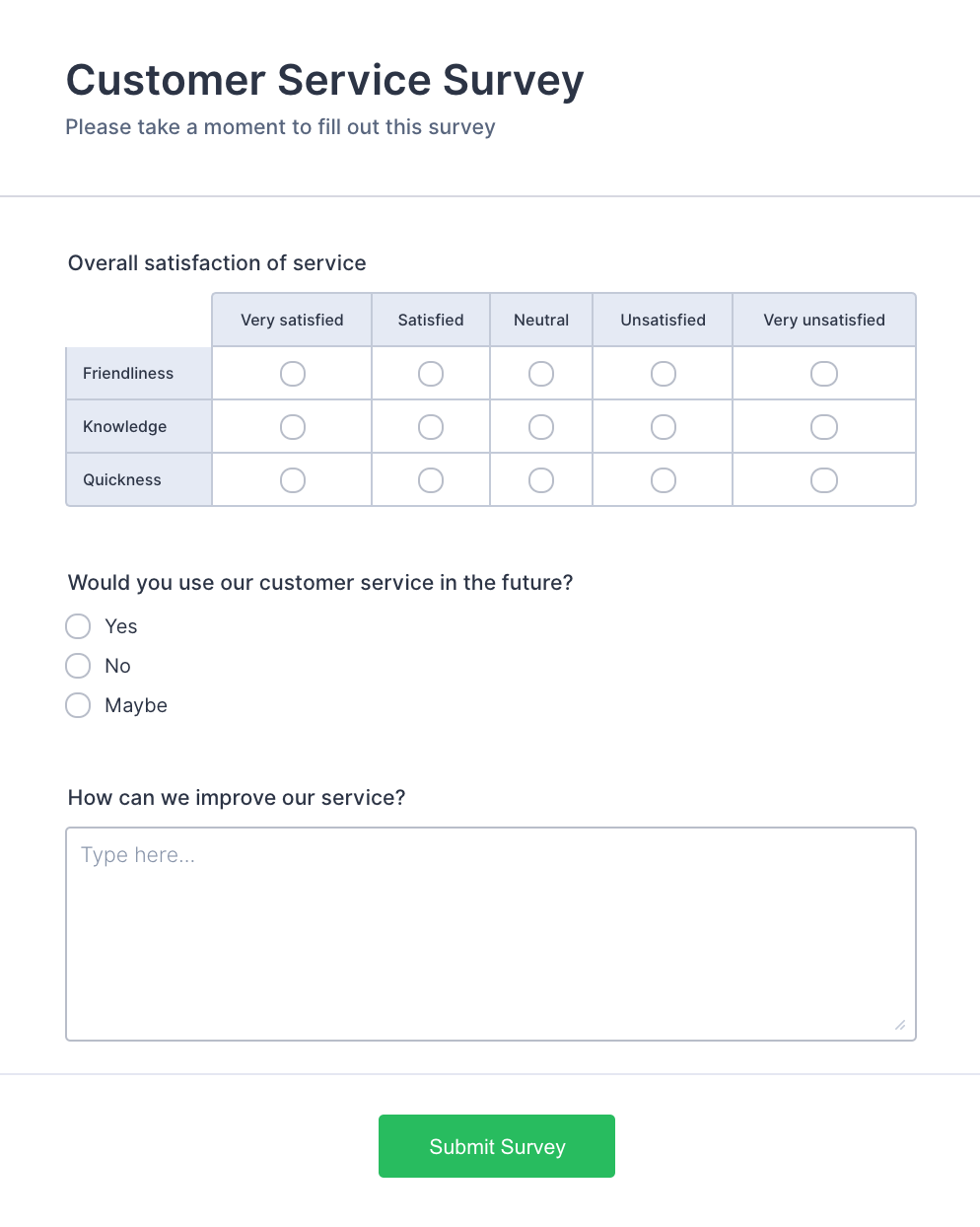
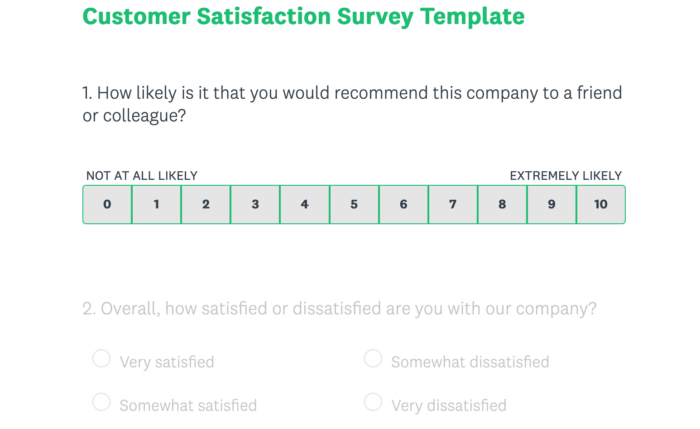
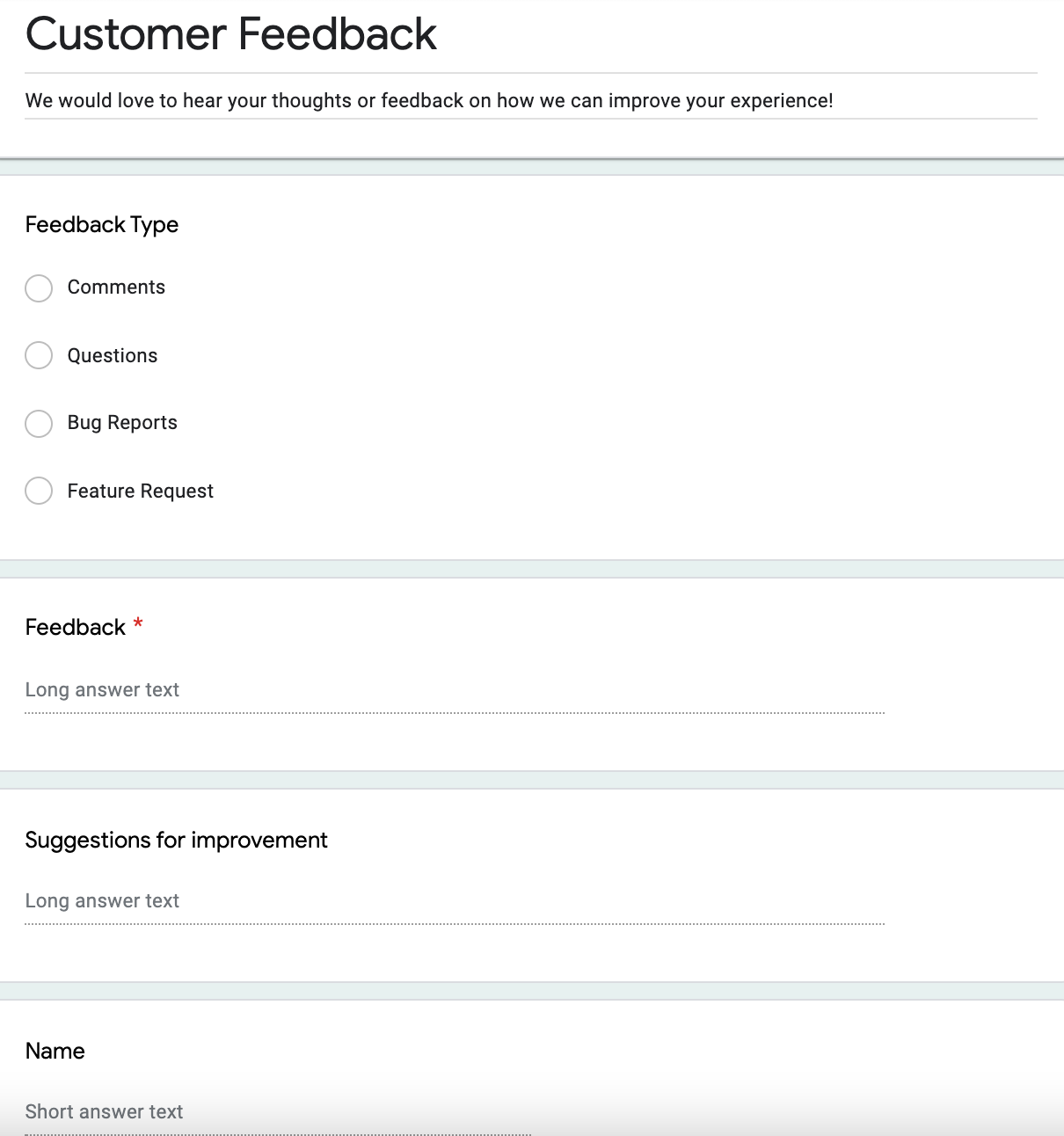
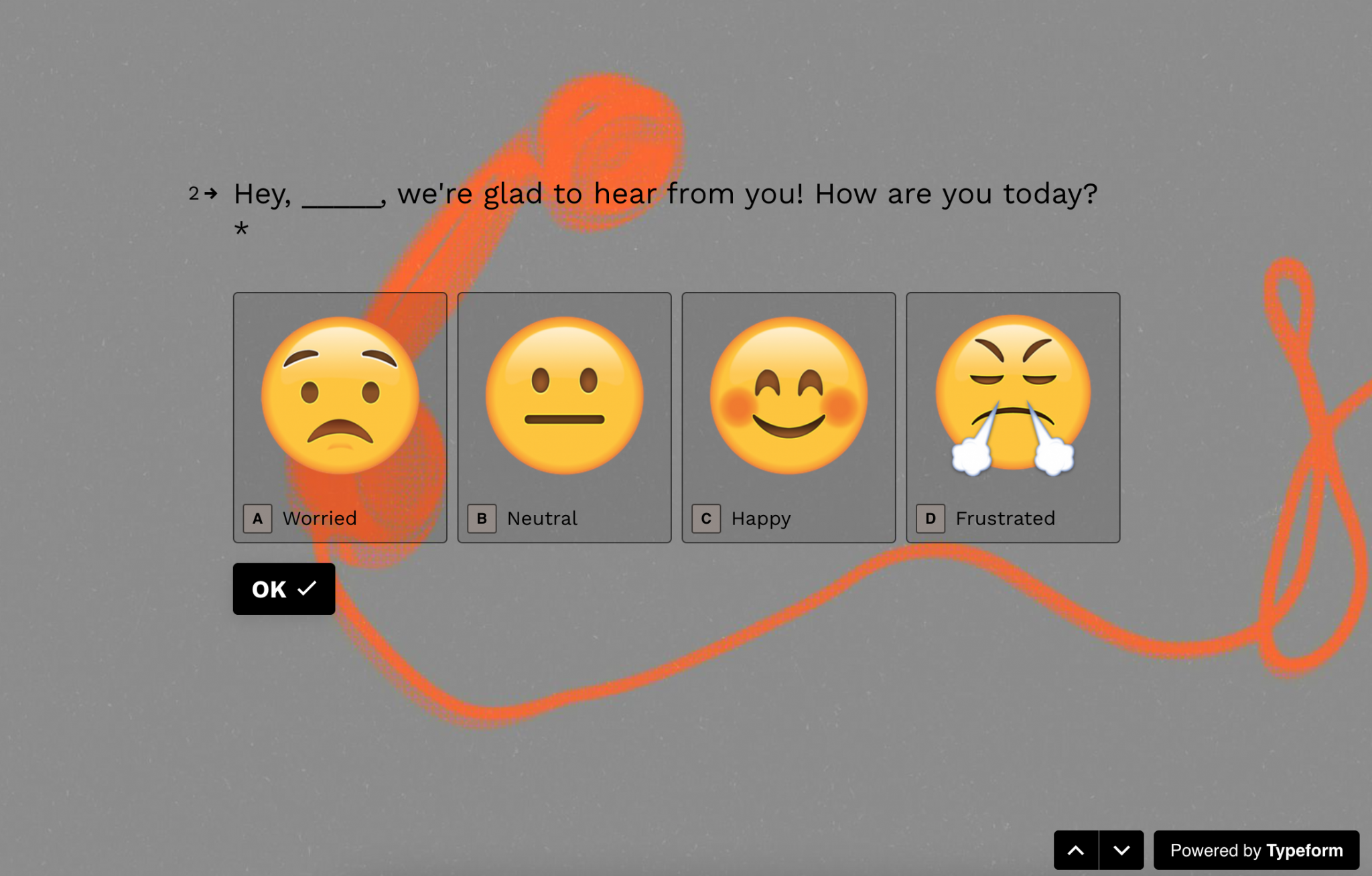
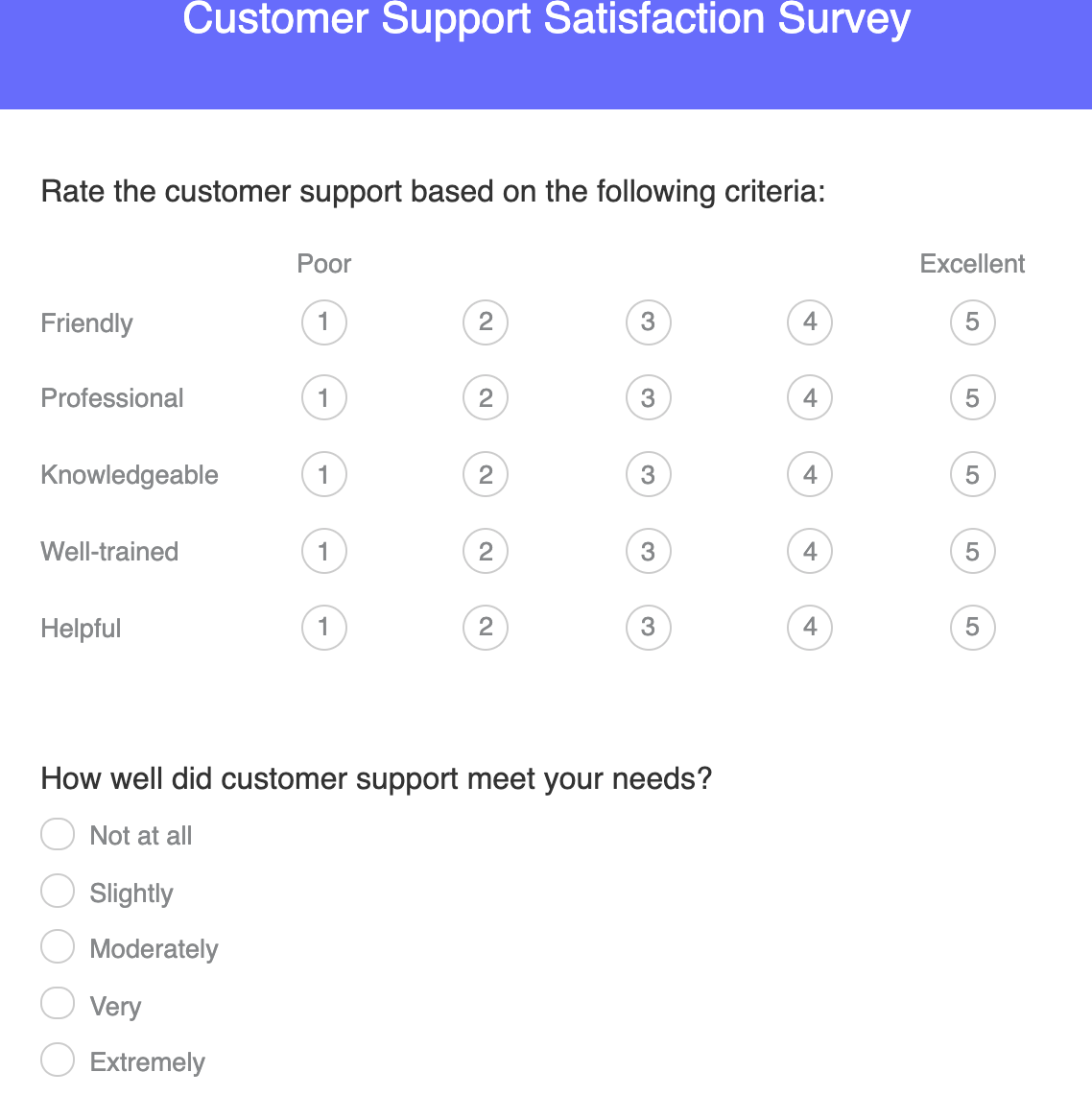






































































































Send Comment: